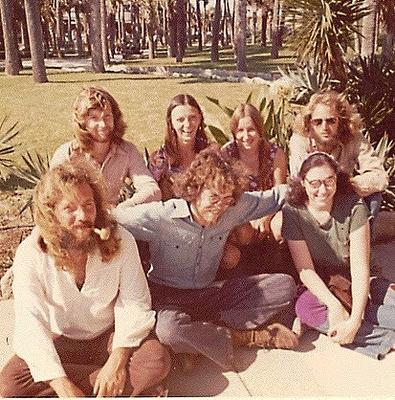Part of this is accurate, but some of the core concepts as stated are misleading. The two statements of concern are the following:
In the 19th century The Church of Jesus Christ of Latter-day Saints, colloquially called Mormons, attempted to live a form of Christian communalism called the Law of Consecration, using organizations described as the United Order.
Nowhere have the General Authorities of the Church ever asserted any doctrine of "communalism" with the gospel of Jesus Christ. Indeed, key statements have been clearly articulated (Enrichment section 'L' of the Doctrine & Covenants Student Manual is a central resource here) by the Brethren in the 20th century that the United Order is in no sense to be understood as similar to or associated with "communitarian," "socialist," or "communist" ideas. In other words, the UO is not
collectivist in nature, in any actual organizational, political, or economic sense as understood in the above human ideologies.
Secondly, the UO as practiced in the early colonization and settlement period of the Utah area was, as any study of the period will show, a rigorous survival and settlement oriented version, which was:
1. Not fully revealed in its complete form
2. conflated with human concepts/ideas and experimental concepts not taken from within the gospel itself
A similar system was set up in Nauvoo, prior to the movement West, and although this also did not last, it was, economically, an obvious success economically compared to the Utah versions.
The version that LDS theology envisions will be practiced immediately prior to the Second Coming will be form fully capacitated to present conditions and much more fully revealed as a complete system.
The Law of Consecration (as expressed via the United Order) was an attempt to base income on a families' actual needs and wants, not on their ability to produce. This was to be done through a strictly voluntary covenant; it was not deemed acceptable to establish economic equality through force (see also Mormon beliefs on agency).
This is only half true. Income in the UO will, indeed, according to the D&C itself, be based upon a family's ability to produce, as each family's, or individual's ability to produce is directly linked to his personal economic resources (his actual deed to the Church returned to him as his economic stewardship) as well as his individual talents and aptitudes.
There is no evidence in the D&C, which is the core modern scripture delineating the basic outlines of UO practice, that "equality," in any material, temporal sense is either the fundamental point of or meaning underlying the LoC. "Equality," in a Zionic sense is at least the following:
1. All are equal before the Lord in the capacity within which they produce and contribute to the Zion society. A heart surgeon in Zion would not receive the same remuneration for his skills as a custodian in a local grade school. However, both are equal to the degree that those skills are utilized to their utmost, within their own sphere of importance, for the building of the Zion community.
2. All have equal access to the Bishop's storehouse and the economic security provided by the LoC as need arises.
There is no doctrine of economic class equalization or any attempt at the construction of a classless society in LDS doctrine. The vast poles of wealth disparity, however, will be substantially narrowed. There will be no poor among the Saints in a fully functioning Zion community, nor vast concentrations of wealth in single individuals as presently obtains.
